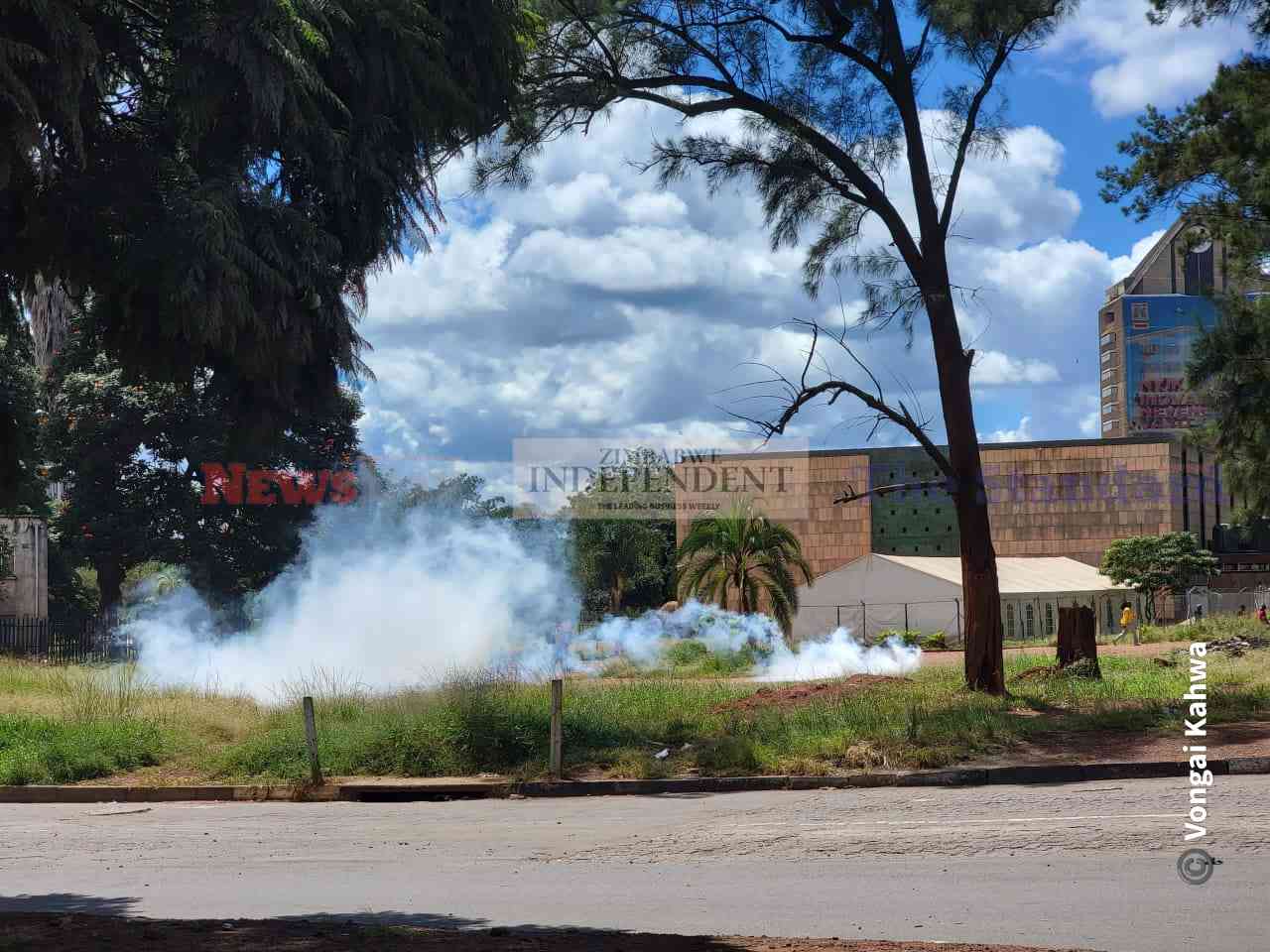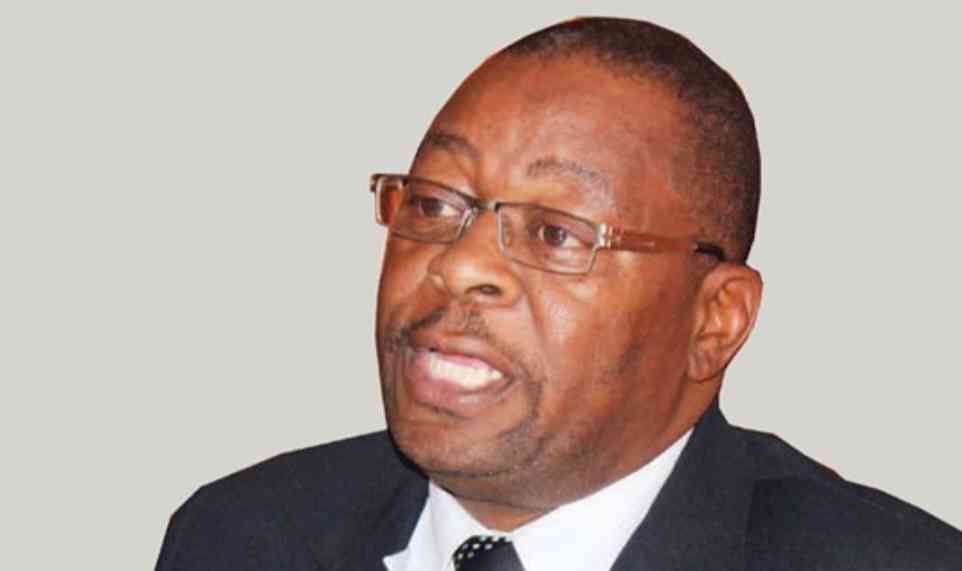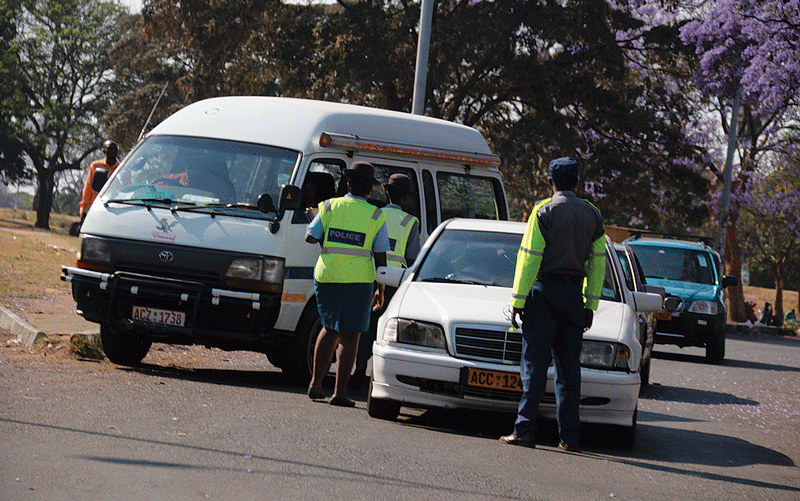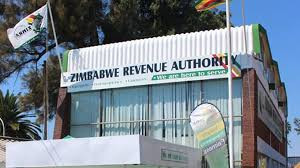HARARE’S stripping of public assets has been known for years, but what baffles me is the silence from ratepayers.
Ratepayers, even though their representative organisations, act as if nothing amiss has happened.
The problem has become national, no eyelids were bated when the Procurement Regulatory Authority of Zimbabwe (Praz) last week revealed that the central government has spent US$19 billion in procurement of goods and services in the last six years.
This is an amount equal to five annual national budgets, but there are no tangible assets to show for such a humongous amount.
On Monday, March 24, 2025, the City of Harare published an advertisement that said, “proposed alienation of municipal land and council rented houses disposed to council employees in Harare.”
The advert went on to identify the properties as 101 unserviced residential stands in Kuwadzana and three houses in Belvedere.
Keep Reading
- Combating corruption in public procurement
- Beitbridge border post ‘dumps’ Zimdollar
- ‘Shocking gaps riddle Zim procurement processes’
- Praz red flags procurement loopholes
The people who object to the proposal were given a week to lodge their objections with the director of housing.
It is shocking that the objections have been given a week, in other terms the council did not want to receive objections because if it really wanted then normally such adverts give a 30-day notice.
Interestingly, the city has no up-to-date asset register or inventory.
This has been a recurring observation by the Office of the Auditor-General in all five most recent audits of the city.
Most of these properties have been sold far below their market value.
For example, the city disposed of a Highlands property to former city commission chair Sekesai Makwavarara at 40% of the value.
It begs the question: How many properties have been sold on the cheap in the last 20 years?
And in any event, soon after disposing these properties the city goes on to rent properties at inflated prices for their senior executives.
The residents are forced to pat through the nose for the stupid and economically irrational council decisions meant to build feather nests for the city executives.
Mayor Jacob Mafume, in the same period, has not done anything in having the city procure an ERP system that captures all that data.
The city is in the dark on operations of its subsidiaries such as farms, the quarry operations, Rufaro Marketing or its many commercial properties in the city centre.
To be fair, this problem is not limited to the capital, but extends to the central government.
In 2010, while still working for the Zimbabwe Independent I made inquiries to the then National Housing and Social Amenities minister Giles Mutsekwa on the inventory of all houses owned by the government since 1980 and which were disposed, for how much and to who?
Mutsekwa promised to respond, but after several follow ups it became apparent that I was waiting for Godot.
It is a public secret that in 1980 — at independence — the government took over a good portfolio of residential properties in all cities across the country.
Many of the first batch of senior civil servants were given these properties or they allocated themselves.
And many of them are missing from the state’s asset inventory.
How many other assets have been stripped by the political elites far away from public scrutiny and we wonder why Zimbabwe is still poor and struggling to provide basic services.
The same has also been happening in parastatals such as National Railways of Zimbabwe, Civil Aviation Authority of Zimbabwe, Cold Storage Commission, Postal Telecommunications Corporation, Arda and AirZim, among others.
After all these sordid things, it can be arguably said Zimbabwe is a crime scene, leaders are out there to fleece the poor ratepayer and taxpayer.
It is very deliberate why both the city and central government have no up-to-date asset inventories.
They want to rob blind the poor ratepayers and taxpayers — Zvigananda.
What should be done now? It is imperative that public assets should be protected.
Further, it is important that public assets are used for the benefit of the taxpayers and the poor and vulnerable.
Some have argued that privatisation is the panacea to all these ills.
Actually, this idea is pushed by the Treasury czar, Mthuli Ncube.
I don’t agree with the policy position.
This is a disguised asset stripping for the benefit of the political elites and their cronies.
It is the same Ncube who has presided over the Treasury since 2018, when the government each year bleeds millions in tenders that are awarded to the politically-connected but never delivered.
Praz chief executive Clever Ruswa was quoted in the Zimbabwe Independent saying: “For the past two weeks, I have attended a high-level forum, reporting to the principals that from 2019 to 2024, actual procurement, from where we sit, has amounted to US$19 billion.
“Surely, if one is to look for value-for-money in terms of US$19 billion, it is food for thought then. But surely, those are real figures.”
It becomes apparent that procurement has been the feeding trough for political elites and their cronies.
They actually do it with impunity.
They get the tenders, get paid in advance and never deliver fully aware they would not be arrested.
It is public knowledge that Wicknell Chivayo and Mike Chimombe have had tenders paid in advance but never delivered.
There are many of their ilk, including Dilesh Nguwaya.
Most of the time, these guys offer unsolicited contracts.
It has become abundantly clear that Zimbabwe needs an urgent forensic audit of public assets and the resultant inventory made public.
Further, those that were disposed of in the last 20 years should be made clear who they were sold to, for how much and where did the proceeds go?
This should be the same with government tenders.
Those who were awarded tenders and did not deliver have to be followed up and sued or the monies advanced to the recovered.
Most ministers and councillors have chosen to be rogue and assume public assets have no owners.
We have to change this culture and start holding public officers accountable for their actions.





